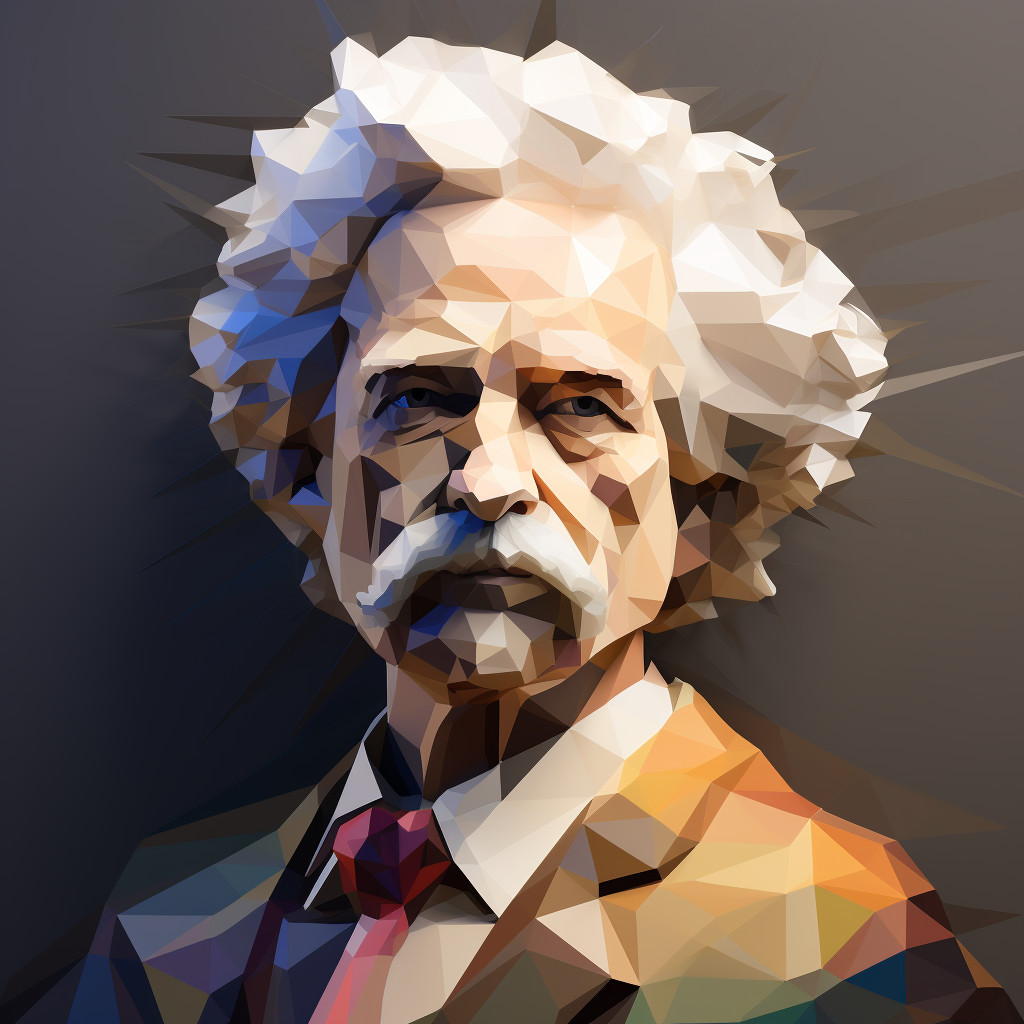This quote humorously situates human beings in a hierarchy between angels, often seen as divine and virtuous beings, and the French, who are here used as a stand-in for the human condition with all its flaws and complexities. The statement is a reminder of the dual nature of humanity, capable of both great virtue and profound imperfection.
The angels represent the highest ideals of human behavior: kindness, compassion, selflessness, and a commitment to the greater good. They are a symbol of our potential to transcend our baser instincts and achieve a higher state of being. On the other hand, the French, in this context, represent the earthly, flawed, and imperfect side of humanity. It’s important to note that the French are not singled out for any particular negative trait but serve as a representation of humanity at large.
This quote suggests that humans are capable of both angelic virtue and earthly imperfections, and that our true nature lies somewhere in between. It is an acknowledgment of the human capacity for growth and improvement, as well as our inherent fallibility.
In today’s world, this quote can be interpreted as a call to strive for betterment while accepting our imperfections. It’s a reminder that while we should aim for the ‘angelic’, we must also accept and work with the ‘French’ in us.
In terms of personal development, this quote suggests a balanced approach. It encourages us to strive for our highest ideals, but not to be disheartened by our flaws and failures. Instead, we should see them as an integral part of our humanity and a stepping stone towards growth. It’s about recognizing our potential for greatness without losing sight of our inherent human fallibility.
In essence, the quote suggests that the journey of life is not about becoming perfect, but about striving for betterment while acknowledging and accepting our inherent imperfections. It’s a journey of continuous growth and self-improvement, where the goal is not to become angels, but to become better humans.






